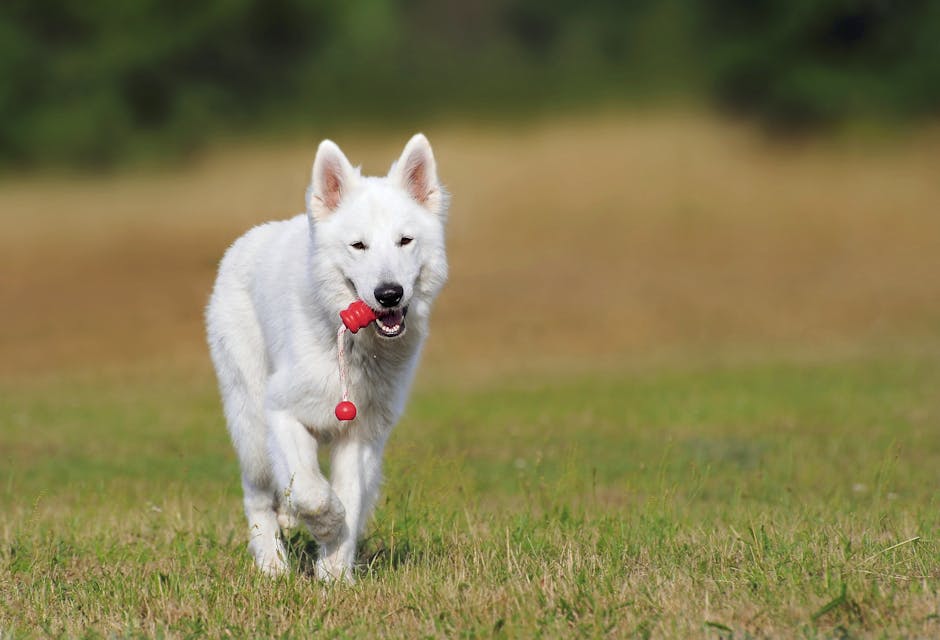Training your dog is an incredibly rewarding experience that can strengthen your bond, improve your pet's behavior, and make living together more enjoyable. However, it's important to approach dog training with the right mindset and techniques to ensure success.
**Understanding Your Dog's Learning Style**
Dogs learn through repetition and positive reinforcement. They respond best to clear and consistent commands, and they are more likely to repeat behaviors that earn them rewards. Identifying your dog's learning style can help you tailor your training approach to maximize their understanding.
**Establish Clear Boundaries and Expectations**
Setting clear boundaries and expectations from the outset is crucial for successful dog training. Determine the behaviors you want your dog to exhibit and the consequences for breaking those rules. Consistency is key, so ensure all family members enforce the same rules.
**Positive Reinforcement**
Positive reinforcement is the most effective way to train dogs. This means rewarding your dog with treats, praise, or play whenever they perform the desired behavior. Avoid using punishment, as this can damage your bond with your dog and hinder training progress.
**Socialization and Obedience**
Socialization is essential for puppies and young dogs to develop proper interactions with other animals and humans. Obedience commands, such as "sit," "stay," and "come," are fundamental for controlling your dog's behavior in various situations.
**Patience and Consistency**
Dog training takes time and patience. Don't get discouraged if your dog doesn't learn a command immediately. Continue practicing consistently and reward your dog for even small improvements. Remember, consistency is the key to success.
**Addressing Behavioral Issues**
If your dog exhibits behavioral issues, such as aggression, anxiety, or excessive barking, it's important to seek professional help from a certified dog trainer or veterinarian. These professionals can assess your dog's behavior and develop a tailored training plan to address the underlying issues.
**Advanced Training**
Once your dog has mastered basic obedience, you can consider advanced training, such as agility, scent detection, or therapy dog training. These specialized skills can provide your dog with mental and physical stimulation and strengthen your bond.
**Training Your Dog: A Lifetime Journey**
Dog training is an ongoing process that requires dedication and patience. By understanding your dog's learning style, establishing clear boundaries, using positive reinforcement, and seeking professional help when needed, you can unlock your pet's true potential and build a strong and fulfilling relationship with them.
